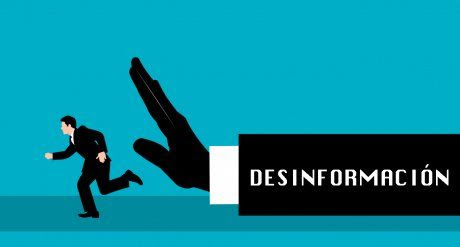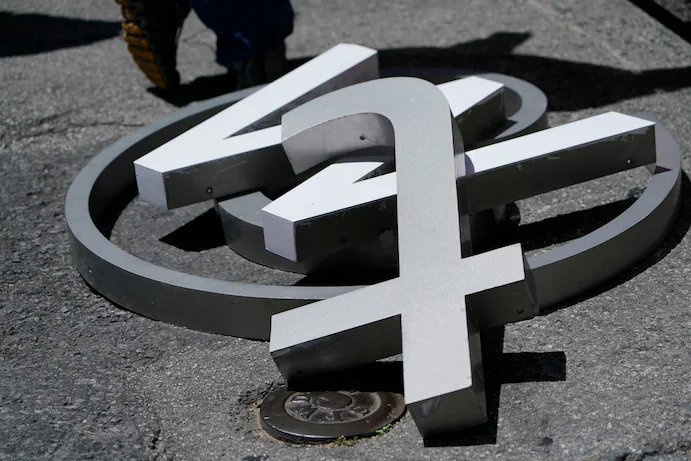IAPA concerded about official commission against desinformation in Chile
The Inter American Press Association (IAPA) expressed its concern over the decision of the Chilean government to create an official commission to combat disinformation. The continental entity warned that this "could lead to the temptation to establish censorship mechanisms".
On June 20, the Official Gazette published the decree creating an Advisory Commission against Disinformation within the Ministry of Science, Technology, Knowledge and Innovation. It will aim to advise the General Secretariat of Government (Segegob) on issues of disinformation and democratic quality, digital literacy, disinformation on digital platforms and good digital practices, and will make recommendations on public policies.
IAPA President Michael Greenspon said: "Beyond the laudable objectives, there should be concern when governments become directly involved in the analysis of information, expression, media or journalism".
Greenspon, global director of Print Licensing and Innovation at The New York Times, added: "Commissions, observatories or other forms of government oversight always tend to look at reality through ideological lenses, advising biased public policies, with negative effects on freedom of speech and press freedoms."
The chairman of the IAPA's Committee on Freedom of the Press and Information, Carlos Jornet, newspaper director of La Voz del Interior of Argentina, said, "As an organization we favor governments promoting digital literacy and legislators exploring the adoption of public policies to combat disinformation." However, he added that "it is very different when the State creates its own commission, studies and seeks to determine, from its point of view, what is most convenient".
Greenspon and Jornet recalled that both the Chapaultepec Declaration and the Salta Declaration leave no loopholes for States to impose requirements, conditions or guidelines on freedom of expression or disinformation. "The spirit of these documents," they said, "is to defend freedom of the press and freedom of expression as essential principles of democracy and therefore prescribe that governments should not impose measures to avoid the temptation to establish censorship mechanisms.
IAPA officials said that in order to combat disinformation, the Chilean government should encourage measures to support journalism, the media, academia and civil society organizations, but not get directly involved in the solutions. "In this way," they said, "it will give greater relevance to the issue, so that it is treated with greater openness, diversity and plurality in society.
According to the decree, the Advisory Commission against Disinformation will be composed of two representatives from state universities, two from private schools and one from an institution outside the Metropolitan Region, three members of an NGO, foundation or civil society related to the issue and a representative of a fact-checking organization. Among other functions, the body will submit recommendations to the Ministry of Science and the General Secretariat of Government for the adoption of public policies.






